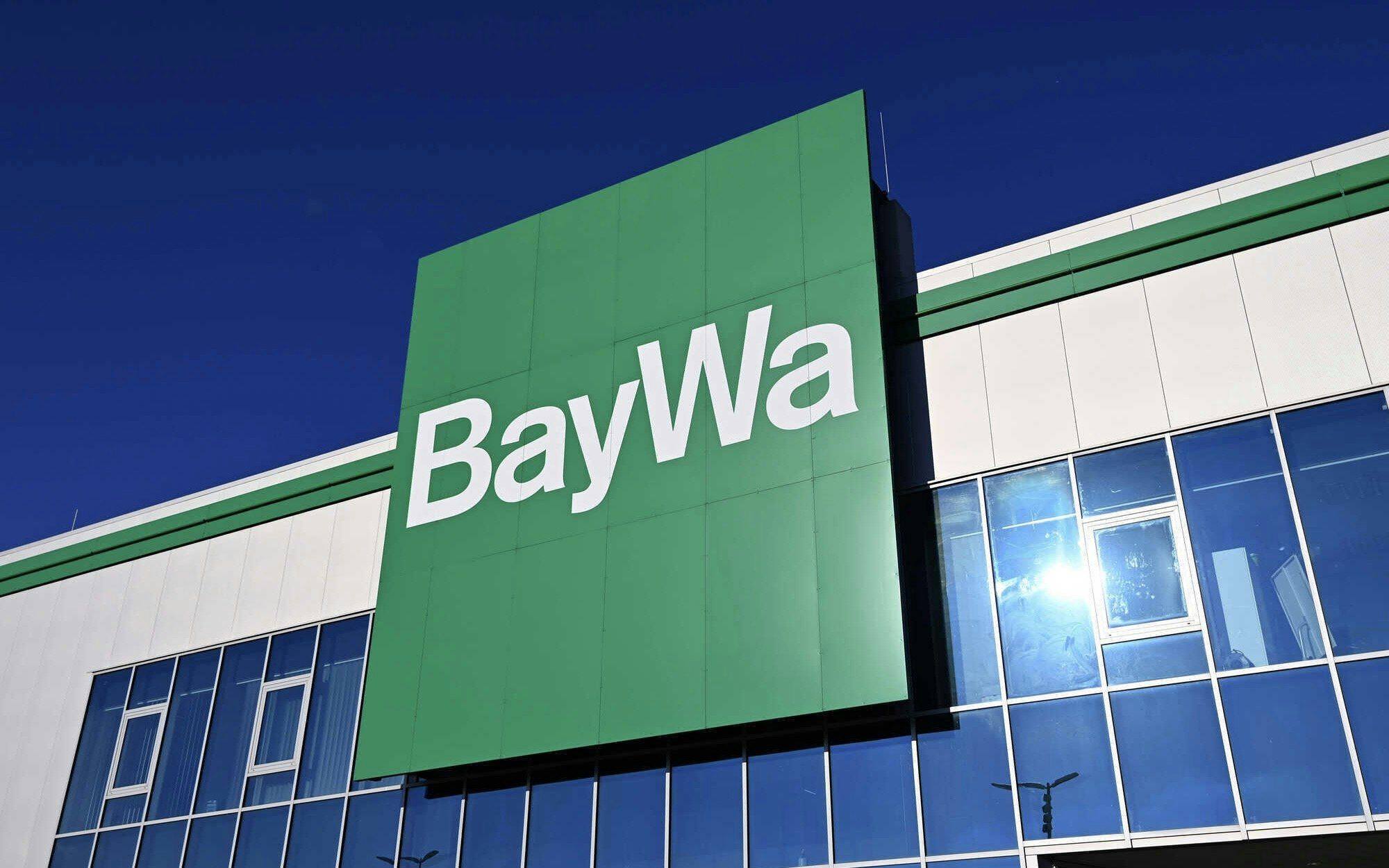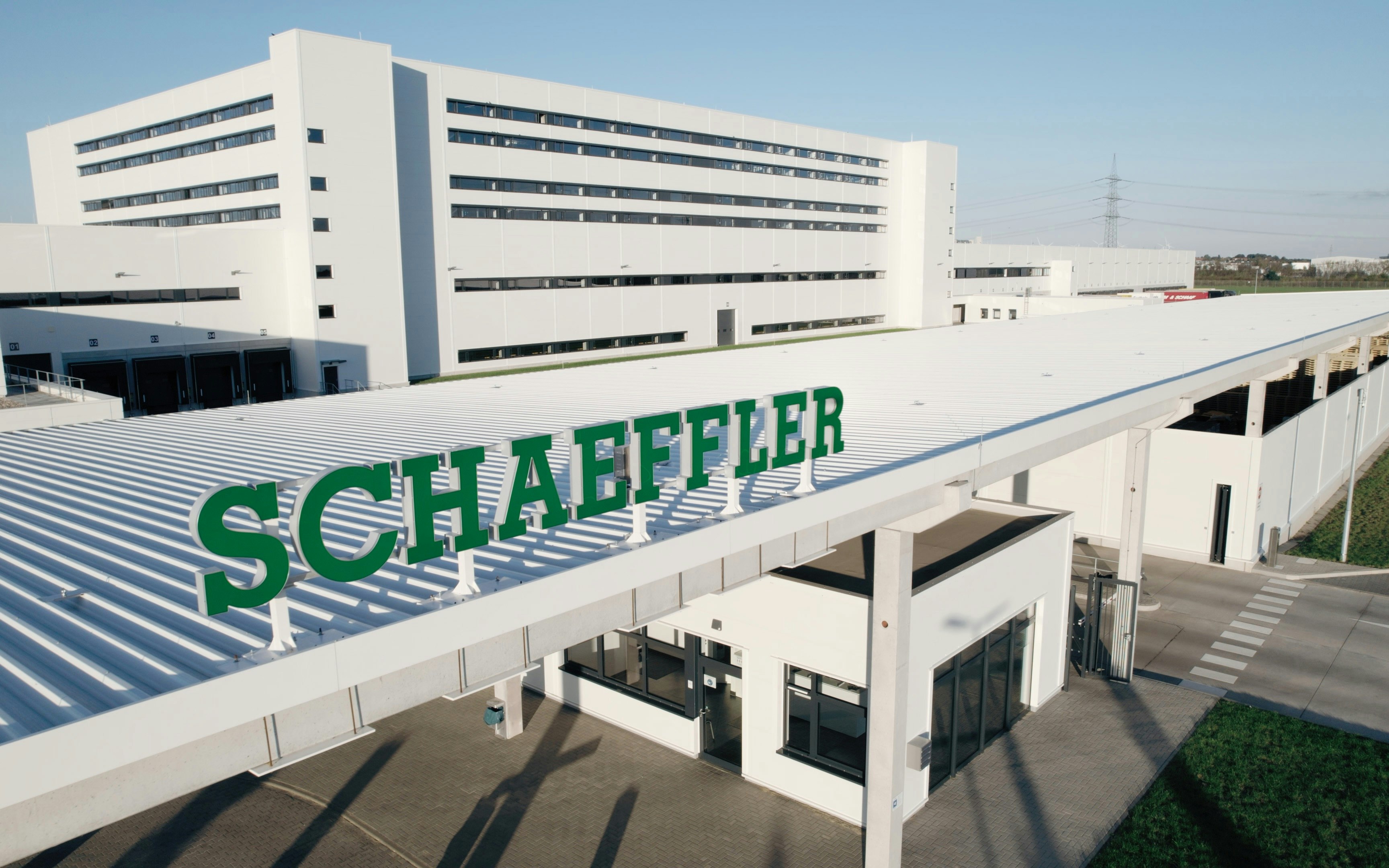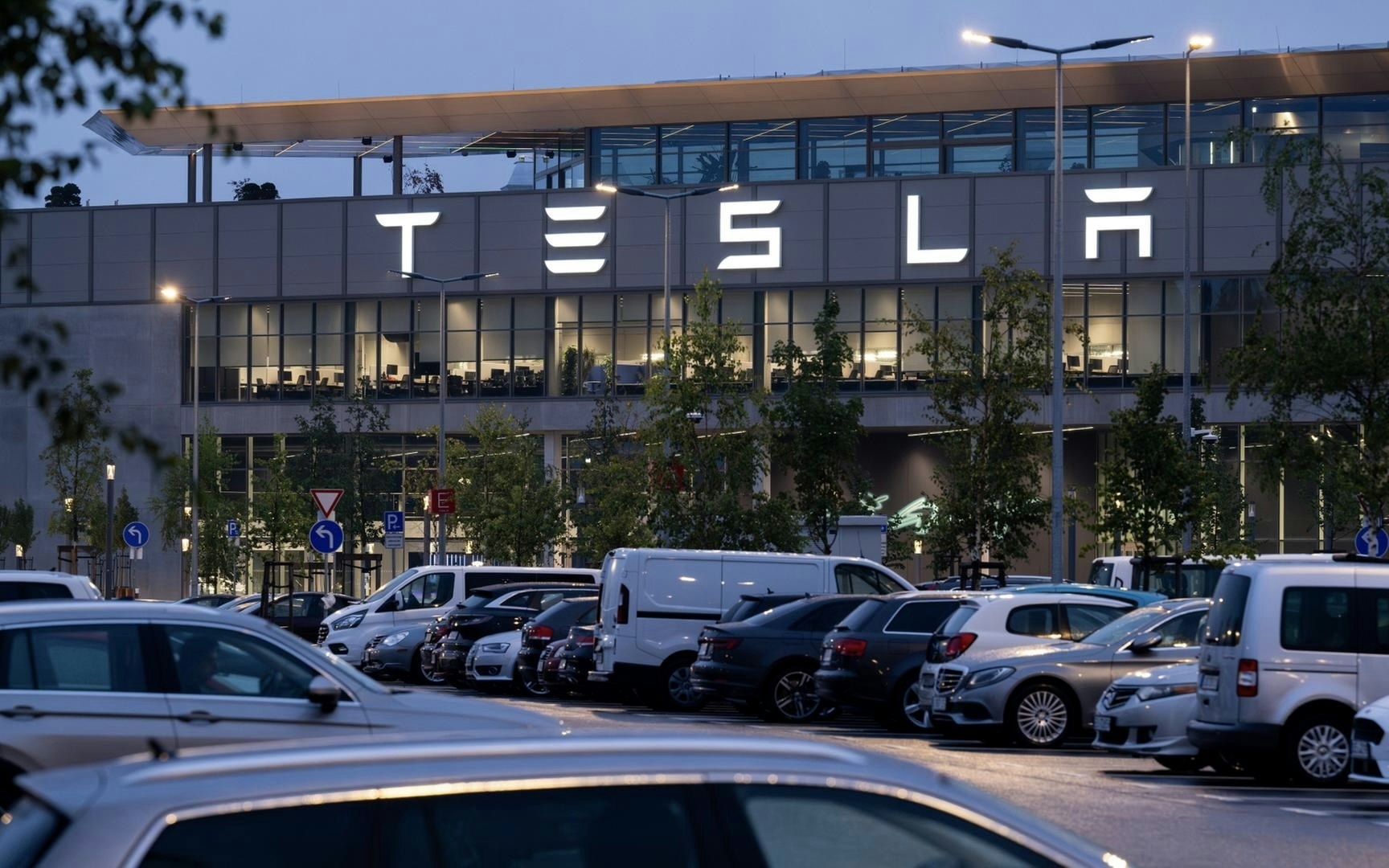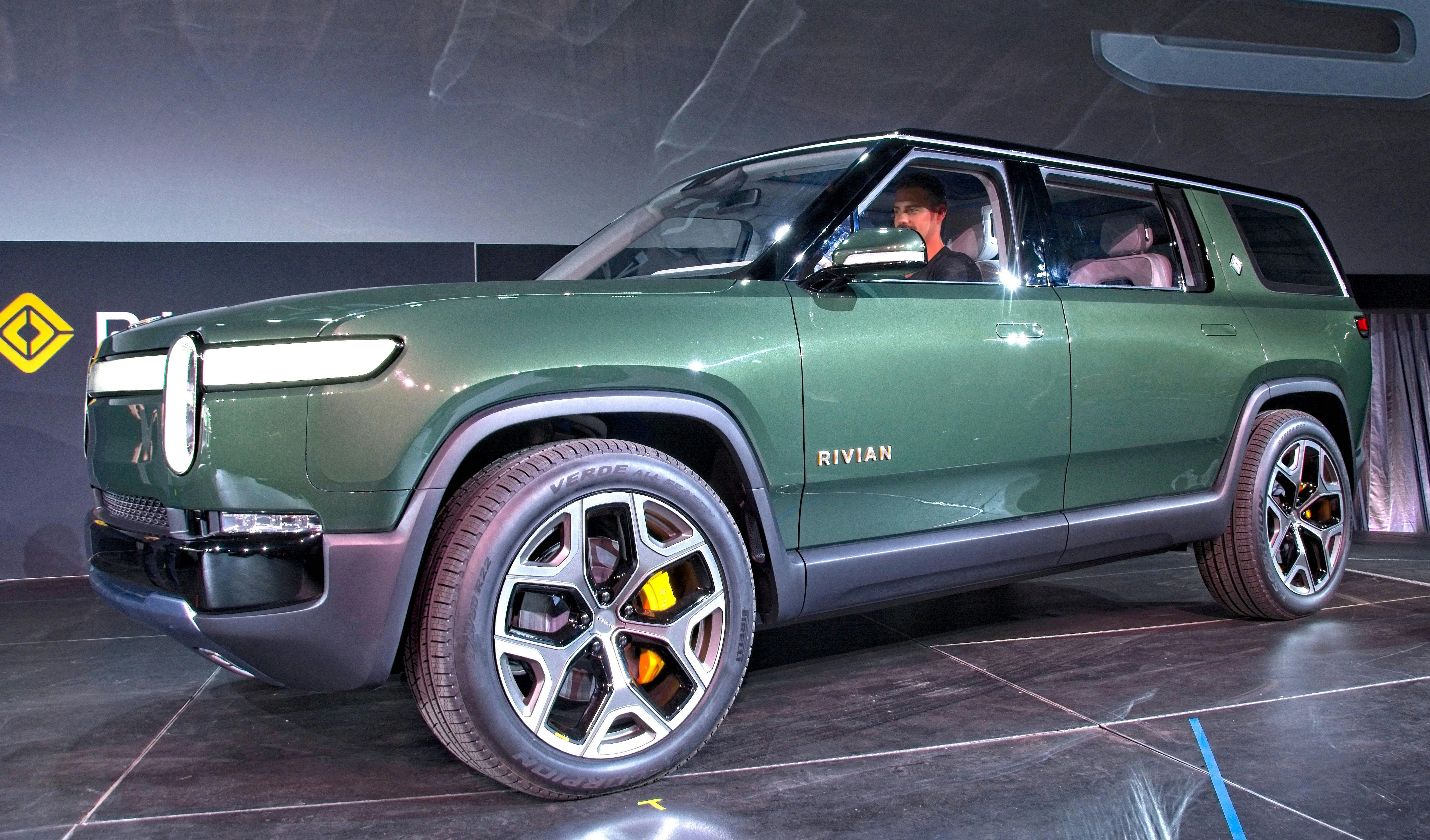The electric truck manufacturer Rivian has experienced a boost thanks to the support of Volkswagen, but the difficult task of cost reduction has only just begun.
Rivian Automotive has proven itself as a digital technology company. However, as a large-scale manufacturer – the other necessary role for electric vehicle companies – the proof will only be provided in a few years.
The electric truck manufacturer held its first Investor Day on Thursday, just two days after concluding a $5 billion deal with Volkswagen, which answered many questions regarding financial challenges. There were many details about Rivian's approach to vehicle electronics and software – the secret that piqued the interest of the world's second-largest automaker. If anyone had doubts about Rivian's compelling EV technology before this week, they likely no longer do.
However, doubts remain about the company's ability to manufacture EVs profitably at a price that will sway American consumers away from internal combustion engines. This is the enduring challenge for the technology outside of China, which only Tesla has been able to overcome so far. Since its founding in 2009, Rivian has already accumulated significantly more losses than Tesla ever did.
The Rivian Investor Day - held at the Normal, Illinois factory instead of the headquarters in Irvine, California - included some details about how the company intends to address this issue. Recently, a second generation of the flagship EVs, the R1S SUV, and the R1T pickup truck, has been introduced. Design changes, falling lithium prices, and newly renegotiated supplier agreements will reduce material costs in the fourth quarter by about 20% compared to the first three months of the year. This is expected to make the company profitable at the gross margin level, which is important as today's negative gross margins amplify the losses with each additional EV Rivian sells.
The company's next vehicle, the R2, will bring a further reduction in material costs by 45% compared to the second generation of the R1s. The R2, planned for 2026, is expected to be a more affordable product that will be offered for $45,000 and directly compete with Tesla's Model Y. With the increasing production of the R2, Rivian expects to become profitable in 2027 based on adjusted earnings before interest, taxes, depreciation, and amortization.
This is a long, narrow path that requires intense concentration from CEO RJ Scaringe. Given Rivian's poor performance in relation to the goals outlined during the 2021 IPO and the unpredictability of key variables such as EV demand and raw material prices, investors might have little confidence in the targets until they see results.
After the stock reached $78 at its initial public offering, it closed at $14.47 on Thursday, a rise of 40% this week. The market value of $14.4 billion is roughly three times the expected revenue for this year, which is less than half of Tesla's multiple of 6.4. In many ways, Rivian's path to a higher valuation, which requires an unrelenting focus on costs, seems less risky than Tesla's big bet on the unproven technology of autonomous driving.
Chinese EV stocks are much cheaper at around one times sales, reflecting the intense competition in a market where the technology has already become mainstream. However, Rivian and other Western automakers could learn from the speed with which their Chinese counterparts bring new products to market, which has propelled them to the forefront of EV technology.
A manufacturing-focused mindset in China seems to be one reason. Another is the willingness to fix problems after the market launch through over-the-air software updates – just like a California software company. A report published this week by the consultancy firm AlixPartners found that Chinese EV start-ups used 20 times as many post-launch OTA updates in the 12 months up to February 2024 as traditional Western automakers.
Although Rivian highlighted its software expertise this week, it is still moving at the pace of a traditional automaker, seemingly hindered by manufacturing. The sooner it addresses this weakness, the better.










